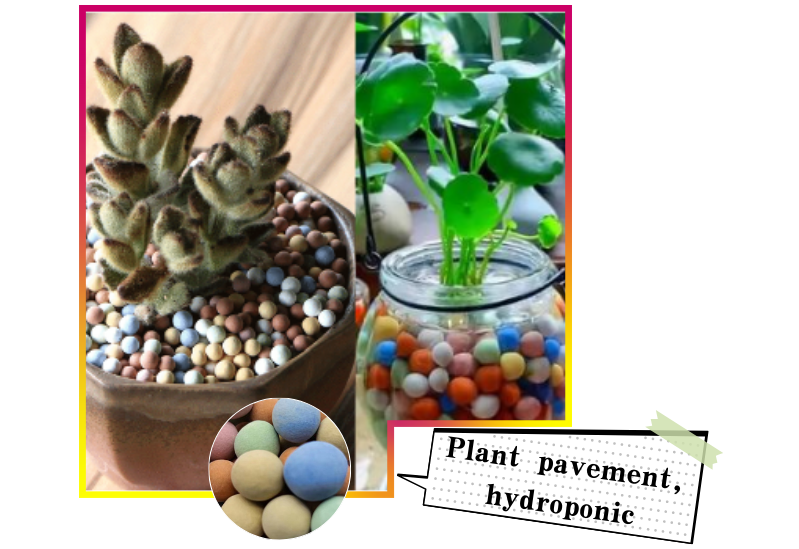
Quality Fly Ash Powder OEM Manufacturers for Construction and Industrial Applications
The Role of OEM Fly Ash Powder Manufacturers in Sustainable Construction
In recent years, the construction industry has been undergoing a significant transformation, with a growing emphasis on sustainability and environmental responsibility. One of the key materials gaining attention in this movement is fly ash, a byproduct of coal combustion in power plants. As awareness about sustainable building materials continues to rise, OEM (Original Equipment Manufacturer) fly ash powder manufacturers have become increasingly important in supplying this versatile material for construction applications.
Understanding Fly Ash
Fly ash is defined as a fine powder that results from the burning of pulverized coal in electricity generating plants. It is collected from the flue gases through electrostatic precipitators or bag filters. Fly ash possesses pozzolanic properties, meaning it can react with lime in the presence of water to form compounds that have cementitious properties. This makes it an excellent supplementary cementitious material (SCM) that can enhance concrete's durability, workability, and overall performance.
Benefits of Fly Ash in Construction
1. Environmental Impact Utilization of fly ash contributes to the reduction of carbon emissions associated with traditional cement production. By replacing a portion of cement with fly ash, manufacturers can significantly lower the environmental footprint of concrete.
2. Economic Advantages Fly ash can reduce the overall costs of concrete production by minimizing the amount of cement needed. Its abundance and lower cost compared to cement make it an attractive alternative for construction companies looking to improve their bottom line without sacrificing quality.
3. Improved Concrete Performance Incorporating fly ash in concrete enhances its resistance to alkali-silica reaction (ASR), reduces the permeability of the concrete, and improves its strength over time. This leads to longer-lasting structures and reduces maintenance costs in the long run.
4. Waste Management By using fly ash in construction, manufacturers help divert waste from landfills, addressing the challenges associated with the disposal of coal combustion byproducts. This aligns with circular economy principles, promoting a more sustainable approach to resource management.
oem fly ash powder manufacturer

The Role of OEM Manufacturers
OEM fly ash powder manufacturers play a crucial role in this sustainable construction ecosystem. These companies specialize in producing and supplying high-quality fly ash that meets industry standards and specifications. Their role extends beyond just production; they also engage in extensive research and development to optimize the properties of fly ash for various applications within the construction industry.
Moreover, OEM manufacturers often collaborate with engineers, architects, and construction firms to develop tailored solutions that meet specific project requirements. This could involve customizing the blend of fly ash with other materials to achieve desired performance characteristics, or developing innovative applications for fly ash in different types of construction work.
Challenges and Future Prospects
Despite the numerous benefits, the adoption of fly ash in construction faces several challenges, including fluctuating availability and quality concerns due to varying sources of coal. OEM manufacturers must invest in technology and processes to ensure consistent quality and availability of their products.
Looking ahead, the demand for eco-friendly construction materials like fly ash is expected to grow as more regions implement stringent environmental regulations and the construction industry increasingly prioritizes sustainable practices. OEM fly ash powder manufacturers are poised to play a significant role in this evolution, delivering innovative solutions that support sustainable development in construction.
Conclusion
In conclusion, OEM fly ash powder manufacturers are essential players in promoting sustainability within the construction sector. By providing high-quality fly ash, they help reduce the environmental impact of building activities while ensuring economic benefits for the industry. As the field of construction continues to move towards greener practices, the importance of these manufacturers will only increase, paving the way for a more sustainable future in construction.
Share
-
Premium Pigment Supplier Custom Solutions & Bulk OrdersNewsMay.30,2025
-
Top China Slag Fly Ash Manufacturer OEM Factory SolutionsNewsMay.30,2025
-
Natural Lava Rock & Pumice for Landscaping Durable Volcanic SolutionsNewsMay.30,2025
-
Custom Micro Silica Fume Powder Manufacturers High-Purity SolutionsNewsMay.29,2025
-
Custom Mica Powder Pigment Manufacturers Vibrant Colors & Bulk OrdersNewsMay.29,2025
-
Custom Micro Silica Fume Powder Manufacturers Premium QualityNewsMay.29,2025






